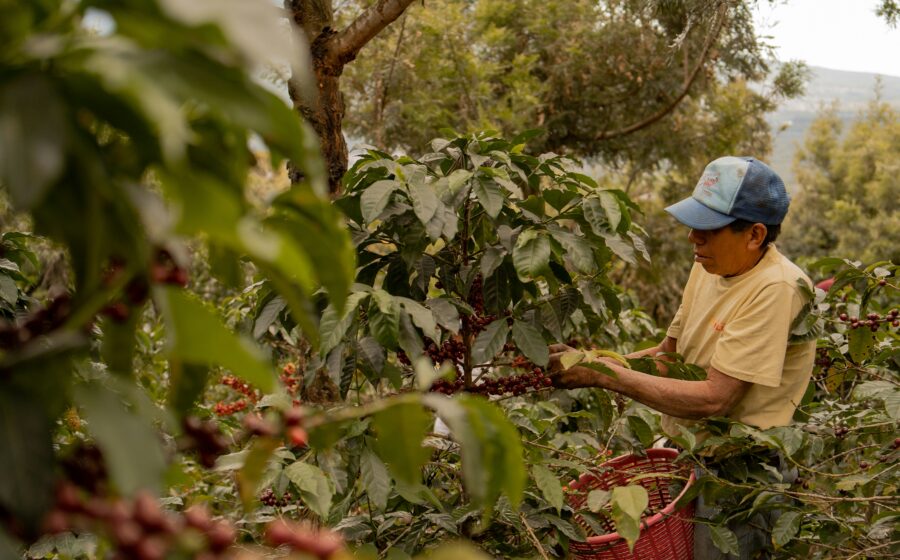✉️ This story was featured in this week’s Coffee News Club
👋 Get the Coffee News Club newsletter in your inbox weekly—sign up.
Regenerative agriculture is a popular term in coffee right now. The phrase can cover a wide range of practices, from rebuilding soil health to fostering biodiversity to reducing greenhouse gas emissions.
However, there is currently no agreed-upon definition of precisely what regenerative agriculture is or involves, which runs the risk of letting it become just another fuzzy marketing buzzword rather than a clear framework. An organization called the Global Coffee Platform (GCP) wants to change that.
The GCP released a document called the RegenCoffee Guidance, which offers a framework and common language for the coffee industry. The document is meant to standardize concepts around regenerative agriculture as more stakeholders become interested in the practice.
GCP is a multi-stakeholder membership association that includes private and public coffee organizations, NGOs, and farmer groups. The guidance was put together over the course of six months, GCP said, with technical support from representatives of farmer cooperatives, multinational coffee roasters and traders, and environmental groups. Funding for the project came from Illycaffè, JDE Peet’s, and Nestlé.
GCP defines regenerative agriculture in coffee, or “RegenCoffee” as they call it, as:
“A holistic, outcome-focussed approach to sustainable coffee farming that emphasizes improving and restoring resources and services by nature (primarily soil, biodiversity, and water) to achieve improved profitability and resilience of coffee farming systems with benefits for farmers and ecosystems, thus ensuring long-term coffee supply.”
The document emphasizes a flexible, “farmer-centric” approach that takes into account local context and farmers’ individual situations. It focuses on four “core impact areas,” including soil health, water quality, improved biodiversity, and resilient farmer livelihoods.
“The threat to sustainable coffee production is real, but so is the opportunity,” said GCP executive director Annette Pensel in an announcement. “By embracing regenerative agriculture in partnership with coffee farmers and governments, the coffee industry can mitigate these challenges while fostering a pathway to farmer prosperity and supply resilience.”
Read more on regenerative language from Daily Coffee News here.














